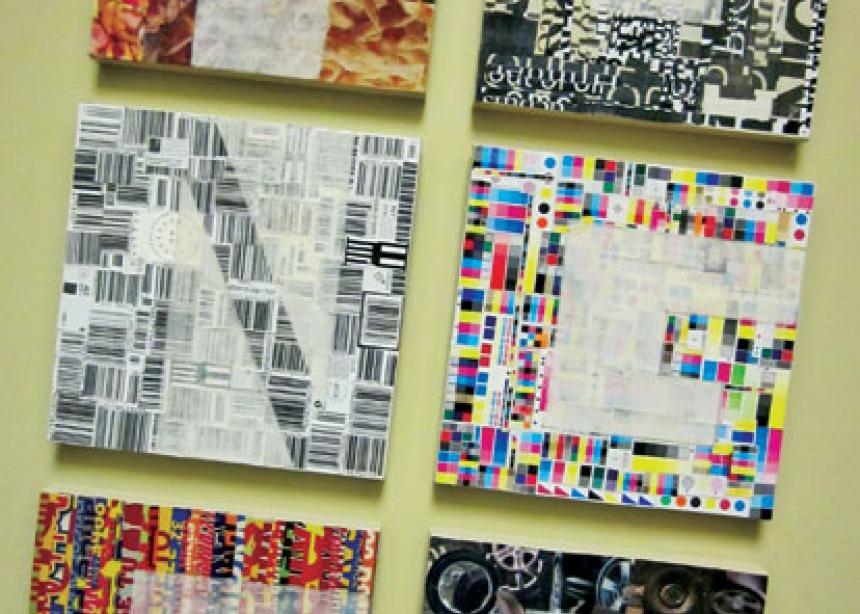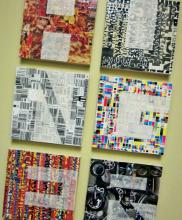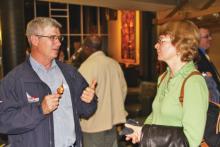All the members of a panel convened by Rick Cober Bauman, Mennonite Central Committee (MCC) Ontario’s di-rector, on Sept. 21 agreed that food security is a human right. But they did not agree on how to go about achieving it.
Steffanie Scott, a University of Waterloo professor in environmental management, argued that food security includes eating local, making sure that people in other lands have food they can depend on throughout the year, and that governments have a role in promoting such security. According to her, people need to have the space for subsistence farming to provide for their needs, instead of the commodification of food that goes on in much of the world.
Clare Schlegel, a pork and poultry producer near New Hamburg, stated that farmers have been moved from stewards of the land to rule-keepers by too much government intervention. He said that the farmers should not be blamed for the state of food, since agri-business giants control the distribution of food and they cater to the demands of the public.
While agreeing that food security is a human right, Schlegel noted that the high standards of production for food in the West exclude many from the rest of the world who cannot afford to meet the West’s health and safety standards. He argued that, in order to feed the world, genetically modified organisms and other scientific advancements are absolutely necessary.
Doug Amstutz, recently returned to North America after four years as the MCC country co-representative for Ethiopia with his wife Wanda Roth Amstutz, noted that large swaths of land there are being “sold” to interests in India, China and Saudi Arabia by the government. The local people are then displaced, and mechanized agriculture is introduced, with the food produced sent to the countries that have bought the land. The displaced Ethiopians are left to produce food for their families on plots of a hectare or so in size.
Efrem Seifu from Ethiopia, who is involved with a church-run rural development organization, spoke last. He said that the East African famine is the result of a lack of good Ethiopian government policies, as well as climate change, that he pinned on the West’s use of carbon-based energy sources.
In the question period that followed the panel discussion, many questions were directed to Schlegel in regards to his hope in science, but few focused on the question of food security in either the West or the rest of the world.
The event, which was held at Conrad Grebel University College, was sponsored by MCC Ontario, the Mennonite Savings and Credit Union, and Grebel’s Peace and Conflict Studies Department.
H•U•N•G•E•R
If food is a human right, how can it be achieved?
October 12, 2011 | God at work in the World | Number 20
Story and Photo by Dave Rogalsky | Eastern Canada Correspondent
Waterloo, Ont.
‘One in six: Hunger’ was one of two works by Hamilton, Ont., artist Karen Thiessen on display at Conrad Grebel University College’s ‘Just Food’ exhi-bition last month. Thiessen’s piece had viewers wondering, ‘What do tires and barcodes have to do with justice and food?’
Share this page:





Add new comment
Canadian Mennonite invites comments and encourages constructive discussion about our content. Actual full names (first and last) are required. Comments are moderated and may be edited. They will not appear online until approved and will be posted during business hours. Some comments may be reproduced in print.